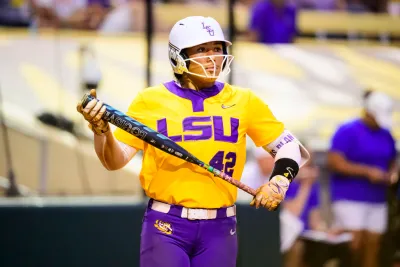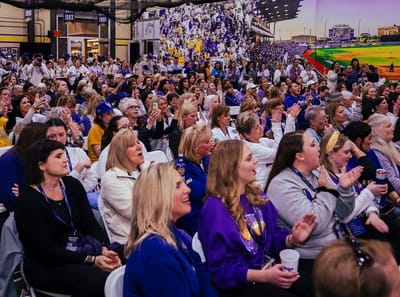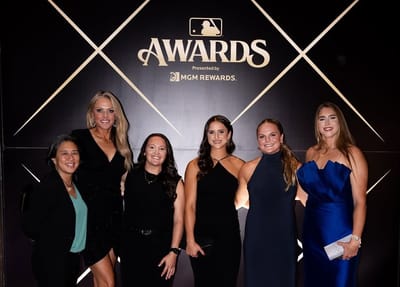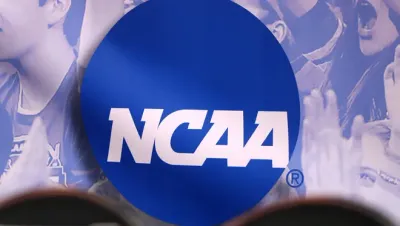
From Prospect to Asset: What Getting Traded Taught Me About the Business of Baseball

Baseball, My First Love
I grew up in New Jersey with a dream that began in 1996—the year the Yankees won their first World Series [of many] during my childhood. I was seven years old, and like thousands of other kids, I wanted to wear pinstripes. Baseball was more than a game; it was mythology.
It was the sound of metal cleats on concrete for the first time when I turned 13 and putting shaving cream in my glove to soften the leather and make it smell good. It was a language I knew instinctively. For the first 24 years of my life, baseball loved me back.
Through high school, college, being drafted in the first round by the Boston Red Sox, the dream kept maturing—and I kept chasing it. I made my MLB debut in 2014 and won my first major league game against the Yankees. And the following off-season, the Red Sox gave me the number 23 (my rookie number was 63— 23 was my high school and college number.) It felt like the universe was nodding in approval.
I thought I had arrived.
Anthony Ranaudo first Major League strikeout
The Arrival: First-Round Pick and the Myth of Loyalty
The Red Sox believed in me. I wasn’t just another arm—I was part of a vision. They talked about the “next wave” of big leaguers who would win multiple championships. It was a brotherhood of promising names, many of whom stayed and delivered on that promise. I just happened to be one of the chips moved to make the machine work.
That’s something I understand deeply now: the machine. But at the time, I didn’t think in terms of machinery or asset management. I thought in terms of belonging. I was being groomed, supported, and spotlighted in a way that made me feel essential.
My First Trade and the Shifting Lens
In January 2015, I attended Red Sox Winter FanFest at Foxwoods. I was shaking hands, signing autographs, doing interviews—representing the franchise. I had my Florida spring training apartment locked in. I was wearing 23. I felt like I had a real shot at the rotation.
And then, one Monday morning, everything changed.
I was driving with a friend—someone who had been traded before—when Ben Cherington’s name flashed across my phone. We looked at each other, and without a word, we both knew.
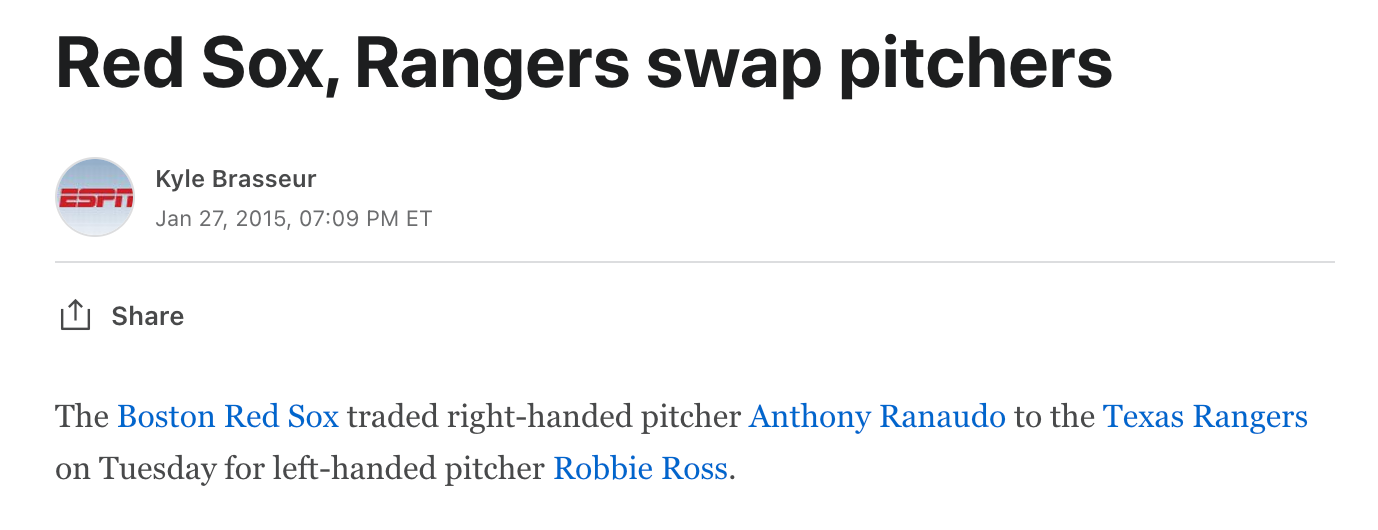

Ben was gracious. He explained that the Texas Rangers had been interested in me for years, even going back to my high school days. They were ready to make a move and sent over a big-league reliever in exchange. On the surface, that might sound like a clean, even swap. But behind the scenes, it was a layered business decision.
I had two option years remaining, which gave the Rangers tremendous flexibility. If I performed well in spring training, I could slot into the rotation and contribute immediately. If they ended up in a rebuild, they could send me to Triple-A without losing me and continue to develop me in their system. And the Red Sox, likely understanding my medical history and wear patterns better than anyone, saw an opportunity to “sell high” and scoop a proven major league reliever, who was willing to start. It wasn’t personal—it was smart. Years later, I can say I actually think they made a great move.
Still, in that moment, I felt the emotional whiplash. I had gone from centerpiece to chip, from vision to variable.
A Stranger in Arizona
I walked into the Rangers clubhouse in Surprise, Arizona, and realized how far I was from the world I knew. The culture was different. I didn’t know a single person in the room.
When I went to the training room to ask about my arm care and recovery schedule, one of the trainers looked at me blankly and asked, “What’s your name, again?”
That moment stuck with me—not because he meant anything by it, but because it crystallized the shift.
In Boston, I was nurtured. In Texas, I was unknown.
I wasn’t bitter, but right there— I just understood, in a new way, what it meant to be part of the business.

The Meltdown
The lowest moment of my career came on a big-league mound one night in Texas.
Five walks in 2/3 of an inning. It was a stat line so bad it was actually a major league “record.”
To make it worse, fans let me know. Twitter lit up with death threats, mockery, and stats I never wanted to read—like the reminder that Clayton Kershaw had walked just four guys in 95 innings that same year.
The very next day, I got a call from the Rangers’ GM. I assumed I was being DFA’d—designated for assignment.
For fans who may not know, being DFA’d means you're removed from the team’s 40-man roster. Other teams have 3 days to claim you, and if no one does, your club can outright you to the minors or release you. It often signals that a team couldn’t find a trade partner, and you're in limbo.
At that point in my career, it would’ve meant losing benefits, 40-man pay (at the time a player would make 80% of his salary if removed from the roster), and a roster spot I’d worked years to secure.
But instead, the GM informed me I’d been traded—to the Chicago White Sox. The same team I had just embarrassed myself against the night before.
I thought it was a prank.
It wasn’t.
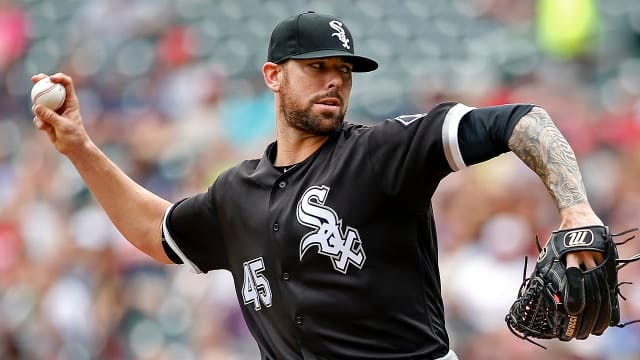
As it turned out, the White Sox had been asking about me since spring training. Texas had been holding out, hoping to unlock more value from me. But after that outing, they made their decision. Chicago still saw potential—and they acted.
Chicago sent me to Triple-A. It was a reset. A second chance. A reminder that baseball always has another chapter—if you’re willing to keep writing.
Seeing the Game Through a New Lens
Years later, as a business owner, shop founder, and entrepreneur, I see it all so clearly now. The trade wasn’t personal. It never is.
Baseball is a business. Teams are brands. It’s about marketability, managing the 40-man, options, salary flexibility, risk tolerance. When I was traded, it wasn’t about who I was as a person—it was about who I was as a piece.
And now? I get it. I understand more of why decisions are made. I understand how prospects are positioned and how they’re developed, how players are investments, and how you manage all of that really matters, a lot.
I used to think of myself as a player. Now I understand I was also an asset.
And that’s not an insult. That’s the business of ball.
Gratitude for the Grind
I look back now and feel a strange kind of peace.
The trades, the transitions, the trips in cities I’d never been before, and likely would never go—they all helped me see the game with full perspective. They helped me evolve from a kid chasing the dream to a man respecting the industry.
I love baseball differently now. Less blindly, more completely.
Because when you’ve been the commodity and the contributor—when you’ve been a player on the field at the highest level, and owned a business—you gain a layered appreciation for what the game really is.
To the Player Getting Traded Today
If you’re reading this you’ve been in rumors and/or been traded, I hope you take this with you:
You weren’t discarded. You were revalued.
You’re not lost—you’re just being redirected.
There’s another clubhouse waiting. Another opportunity unfolding. Another chapter still to be written.
And one day, maybe like me, you’ll look back and understand the business and the beauty of it all.
